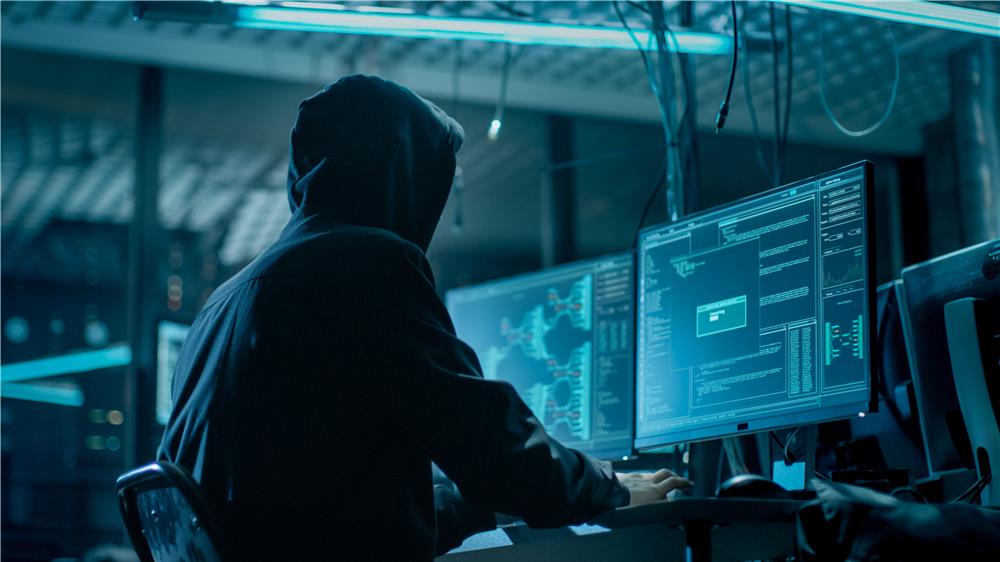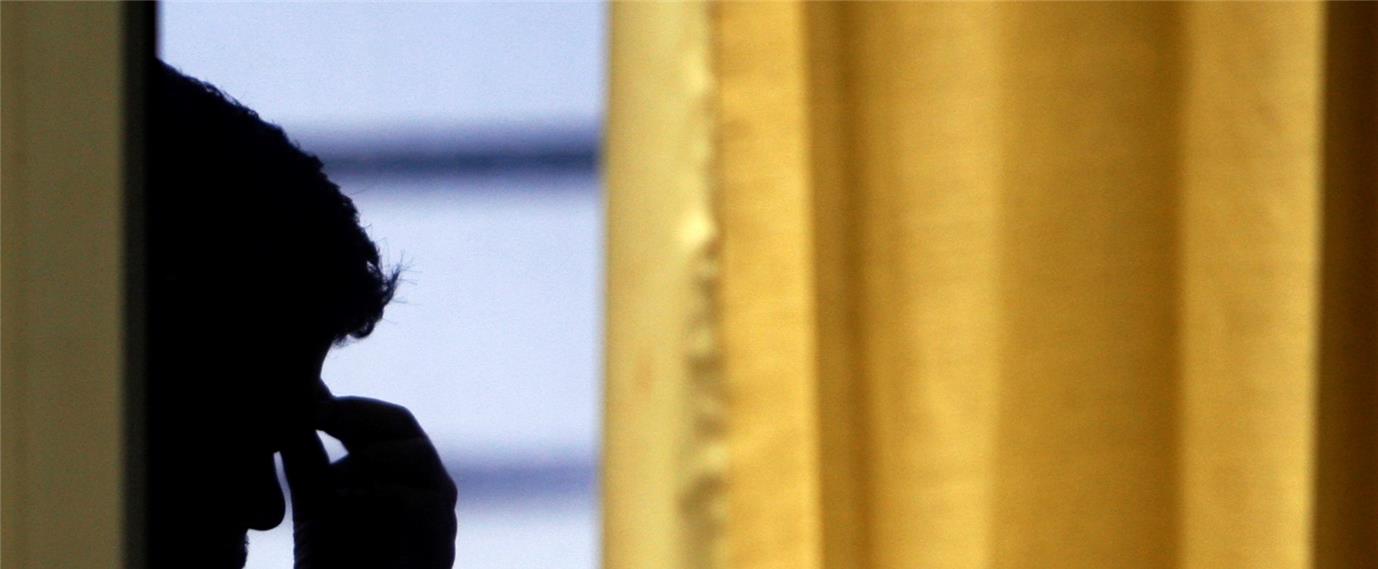إذا كنتَ صحفياً في عديد من البلدان، فيمكن أن تحاول الشرطة أو سواها من السلطات الاستيلاء على هواتفك أو حاسوبك ودفتر ملاحظاتك أو أي وثائق قد تكون بحوزتك، خاصة إن كانوا يقومون بذلك انطلاقًا من تخوفات -حقيقية أو متخيلة- تخص الأمن القومي. كما قد يكون من صلاحيات السلطات إيقافك والتحقيق معك، بوجود محام أو بغيابه.
فإن كنت تعمل على تحقيق صحفي، احرص على التعرف بشكل جيد على القوانين ذات العلاقة في كل بلد تعمل فيه، والصلاحيات التي تتمتع بها الأجهزة الأمنية. فهل يتيح لهم القانون مثلًا مصادرة معداتك الصحفية؟ هل يحق لهم أن يرغموك على تقديم كلمات المرور السرية لحسابات بريدك الإلكتروني أو على شبكات التواصل الاجتماعي؟ هل للصحفيين حق في حماية خاصة لأنفسهم وما بحوزتهم من معلومات؟ هل من حقك استدعاء محام عند التحقيق معك؟ كم يمكن أن تمتد فترة الاحتجاز؟
أنت في خطر
عليك باختصار أن تعرف حقوقك وفق القانون. وإن كنت إزاء تهديد محتمل يتعلق بشخصك أو ببياناتك أو مصادرك، فعليك أن تحرص على الحصول على استشارة قانونية من مختصّ يمكنك أن تتواصل معه في أي وقت. صحيح أن أجهزة الأمن قد لا تراعي القوانين التي يفترض أن يعملوا بموجبها، لكن وجود محام محليّ جيد سيوفر لك على الأقل بعض الحماية.
يمكن أيضا أن تتعرض أنت وبياناتك إلى تهديد من أشخاص يتعلق تحقيقك الصحفي بهم، أو من قبل مجرمين أو رجال عصابات، أو حتى إرهابيين. قد يأتي التهديد أيضا من بعض الفاسدين من كادر الفندق الذي تقيم فيه، أو مجرم عادي في الطريق أو أحد قراصنة الكمبيوتر، وكل ذلك يعني أن عليك أن تبدأ فورا باتخاذ الاحتياطات كافة لحماية نفسك والحفاظ على المعلومات التي تحوزها.
وإن كنت حريصا فعلا على حماية مصادرك، فحريّ بك أن تأخذ في الاعتبار كافة الطرق التي قد تتيح لشخص ما الاستيلاء على كل ما لديك من بيانات، وأن تأخذ الاحتياطات التي تحول دون وقوع ذلك.
نحن لسنا خبراء أمنيين أو عملاء سريين كما ليس بين أيدينا أي صلاحيات خاصة، إلا أنه يمكننا أن نبذل ما يسعنا من جهد من أجل حماية مصادرنا وبياناتنا وأنفسنا أيضا. وتذكر أن لكل موقف وحالة ظروفًا وملابسات خاصة تحتاج منك إلى تقدير حجم المخاطر في كل مرّة، وهذا يعني أن عليك أن تتحلى بالمسؤولية إن كنت تبغي السلامة.
الحنجرة العميقة (Deep-Throat)
للصحفيين دور أساسي في المجتمع، ذلك أنهم يعملون على نشر وإذاعة معلومات مهمة دون أن يكشفوا عن هوية المصادر السرية التي اعتمدوا عليها. وتنص معظم مدونات السلوك المهني الخاصة بالصحفيين على ضرورة أن يقوم الصحفي بكل ما يسعه من أجل حماية هوية المصادر السرية، وهذا تحديدًا ما جاء في مدونة السلوك المهني للاتحاد الدولي للصحفيين: "يجب على الصحفي احترام السرية المهنية فيما يتعلق بمصادر المعلومات التي حصل عليها بعد تعهده بعدم الإفصاح عن المصدر".
ومن الضروري التعامل مع هوية المصدر بأقصى درجات العناية، لأن قصتك الصحفية قد تكون سببا في تدمير حياته. فحين يكشف الصحفيون عن معلومات تمكّن من الوصول إلى المصدر، فإن هذا سيجعل الناس يترددون في الحديث إلى الصحفيين والثقة بهم. ولك أن تتخيل كيف ستكون حالة الصحافة الاستقصائية لو توقف الناس عن الحديث مع الصحفيين، خوفًا من تعرضهم للأذى والانتقام.
لقد كانت قضية "ووترغيت" واحدة من أشهر القضايا التي كان بطلها مصدرا سريا. لقد كان لقب هذا المصدر "الحنجرة العميقة"، وقد قدم ما لديه من معلومات للصحفي بوب ودوورد ليساعده في التحقيق الذي كان يقوم به. وكان الصحفيون في صحيفة "واشنطن بوست" قد تعهدوا له بعدم الإفصاح عن اسمه، لأن ذلك كان سيكلفه وظيفته، بل واعتقاله على الأغلب. وفي العام 2005، كشف مارك فيلت –حين بلغ سن الحادية والتسعين- أنه هو صاحب "الحنجرة العميقة"، وقد كان يشغل حينها النائب الأسبق لمدير مكتب التحقيقات الاتحادي الأميركي. وأعلن أنه قدم المعلومات للصحفيين لأنه أراد كشف الحقيقة بشأن الحملة لإعادة انتخاب ريتشارد نيكسون.
هنا يمكن الإشارة إلى أنه قد تترتب عليك آثار بالغة الجدّية إذا ما قررت حماية هوية مصادرك، إذ قد تكون عرضة للملاحقة القانونية وفق القوانين السارية في بلدك. لذا فكر جيدا قبل أن تقدّم تعهدات بشأن حماية مصادرك. فقد يستسهل الصحفي تقديم التعهدات، لكن هل أنت مستعدّ حقًا للذهاب إلى السجن حفاظًا على هوية مصدرك؟ في نوفمبر/تشرين الثاني 2006، سُجن صحفيان هولنديان هما بارت موس (Bart Mos) وجوست دي هاس (Joost de Haas) لأنهما رفضا الإفصاح عن المصادر التي اعتمدا عليها في تحقيق صحفي عن مسؤول في جهاز الاستخبارات الهولندية سرَّب أسرار دولة لمجرمين. وقد أمضيا ثلاثة أيام في السجن ولم يطلق سراحهما إلا بعد طلب للاستئناف.
لعل أول نقطة يجدر التنبه إليها فيما يتعلق بحماية المصادر، هي التفكير بالطريقة التي ستوفرها للمصدر كي يتواصل معك، فإن لم يكن بوسعه التواصل معك إلا عبر رسائل في تويتر أو البريد الإلكتروني، فإنه بذلك يترك دليلاً يربطه بك. إن لم توفِّر وسيلة أكثر أمنًا لمصادرك للتواصل معك، فسيفضِّلون التواصل مع شخص آخر يوفر لهم ذلك.

التسريبات الإلكترونية
في بعض الحالات قد يعرّض الصحفي هوية المصدر للخطر حتى قبل أن يتحدث إليه، كأن يكتب مثلا اسمه ورقمه في دفتر ملاحظات أو على الحاسوب أو الهاتف. والمفترض عند التعامل مع مصدر سري أن تتمهّل قليلًا وتفكر بجدية حول السبيل الأسلم للتواصل معه. صحيح أنك ستبقى بحاجة إلى تدوين بعض الملاحظات والمعلومات والتواصل مع المصدر وربما مقابلته، لكن عليك أن تتأكد من امتلاكك المهارات والمصادر اللازمة للقيام بذلك دون ارتكاب أي خطأ من شأنه أن يؤدي إلى الكشف عن هوية المصدر وسلامته.
هناك مشكلة من نوع خاص تتعلق بالبيانات الإلكترونية. عليك أن تعلم أن البريد الإلكتروني ليس آمنًا، إذ يسهل اختراقه، حتى لو كنت تعمل على خادم آمن. فمن الحكمة أن تفترض أنه ليس هناك أي بيانات إلكترونية آمنة تمامًا من الوقوع بين يدي قراصنة الإنترنت، فليس هناك نظام حاسوبي آمن 100%، وحتى الأجهزة غير المرتبطة بالإنترنت قد تخترق عبر برامج تعمل على سرقة البيانات المخزنة على أقراص USB. والأمر ينطبق كذلك على الهواتف وحسابات شبكات التواصل الاجتماعي والتطبيقات، فلو افترضنا أن أشكال التواصل الإلكترونية كافة معرضة لخطر الاختراق، فإن السبيل الوحيد لضمان ألا تكون البيانات التي لديك مراقبة أو مخترقة أو عرضة للتخريب والسلب هو أن تحرص -بطريقة أو بأخرى- على ألا تكون هذه البيانات إلكترونية.
إننا أمام مشكلة حقيقية تتمثل في أننا نعيش في عصر التسريبات الإلكترونية، وفي معظم الأحيان تكون المعلومات المسربة إلكترونية. لذا يجدر بك أن تفكر بشكل جاد بشأن حساسية المعلومات التي بحوزتك وطبيعة القوانين السارية، والصلاحيات التي تمنح للسلطات، ومستوى القدرات التقنية التي لدى الأطراف الذين قد يسعون لمنعك من امتلاك تلك المعلومات، ومدى احتمالية أن يعرفوا في المقام الأول أنها بحوزتك. والسبيل الأفضل لكل ذلك أن تسعى للحصول على نصائح من خبراء في هذا الشأن.
لا بد أيضاً من التأكيد بجديَّة أنه إن تعاملت مع مصادر حساسة، عليك ألا تتواصل معهم عبر الهاتف أو البريد الإلكتروني، ولتكن الطريقة الوحيدة للتواصل معهم هو اللقاء وجهاً لوجه في أماكن آمنة. يمكنك استخدام وسطاء لتمرير رسائل إليهم لو استدعى الأمر، بحيث لا يكون هناك تواصل مباشر من قبلك مع المصدر.. إنها عملية بطيئة وقد تكون محبطة، إلا أنه لا بد أن تكون الأولوية هي حماية سلامة المصدر.









































